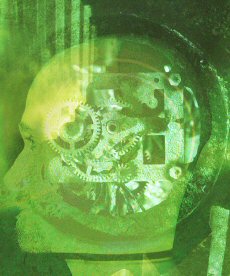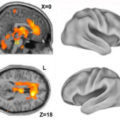
After a plane crash, where should the survivors be buried?
A new study using electroencephalography to explore what is happening in our brains when we process sentences containing semantic illusions – such as the one above – has shown human listening to be shallow at best. The research, carried out by the Economic and Social Research Council (UK), indicates that far from processing every word we read or hear, our brains often do not even notice key words that can change the whole meaning of a sentence.
What makes the new findings particularly interesting is that they challenge traditional models of language processing which assume that we build understanding of a sentence by deeply analyzing the meaning of each word in turn. Glasgow University’s Hartmut Leuthold, who led the research, said the electroencephalography (EEG) traces recorded when the subjects listened to semantic illusions indicate that our language processing is often shallow and incomplete.
By analyzing the patterns of brain activity, Leuthold’s team found that when a volunteer was tricked by the semantic illusion, their brain had not even noticed the anomalous word. The results also revealed that we are more likely to use this type of shallow processing under conditions of higher cognitive load – that is, when the task we are faced with is more difficult or when we are dealing with more than one task at a time.
The research findings not only provide a better understanding of the processes involved in language comprehension but, according to Leuthold, knowing what is happening in the brain when mistakes occur can help us to avoid the pitfalls – such as missing critical information in textbooks or legal documents – and to communicate more effectively.
The study findings also suggest that we should avoid multi-tasking when we are reading or listening to an important message: “For example, talking to someone on the phone while driving on a busy motorway or in town, or doing some homework while listening to the news might lead to more shallow processing,” suggested Leuthold.
Related:
Discuss this article in our forum
Say what? Ambiguity makes language more efficient
Language transforming medicine… for the worse
Couples’ language use predicts relationship success
“Language” Gene Pooh-Poohed

















Comments are closed.